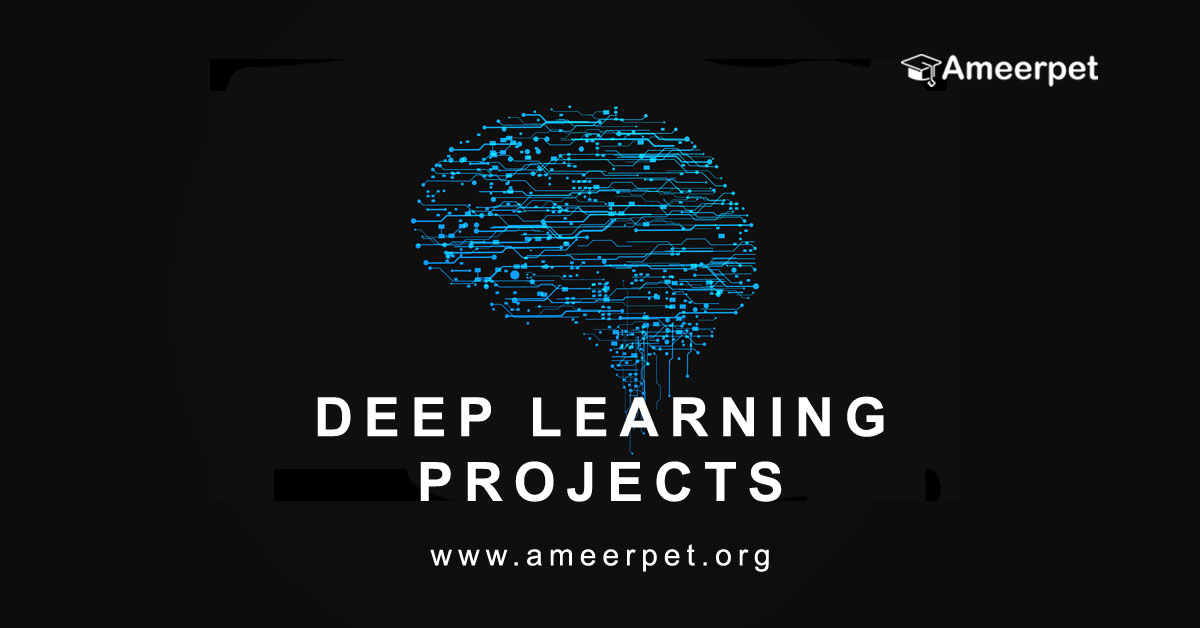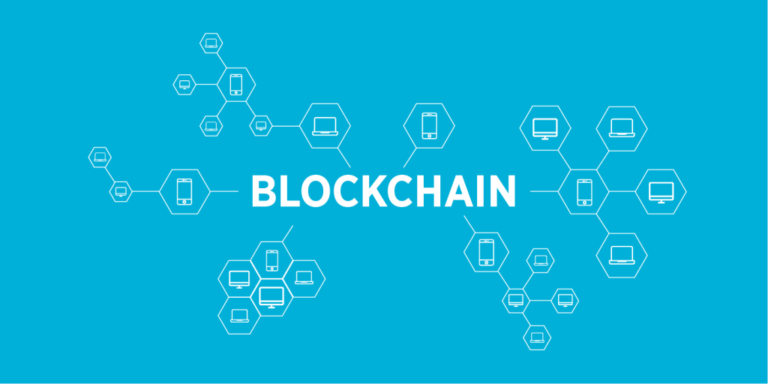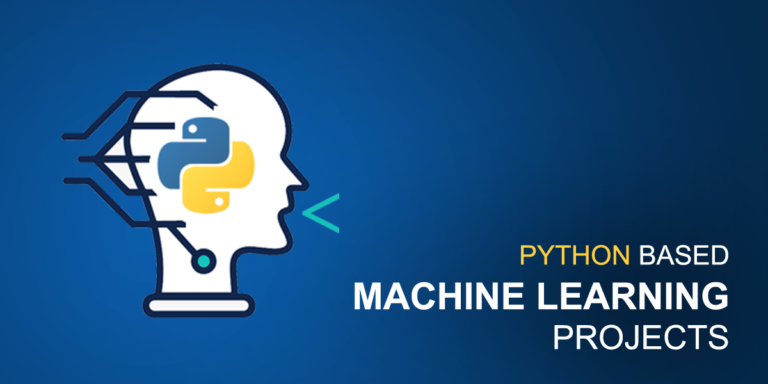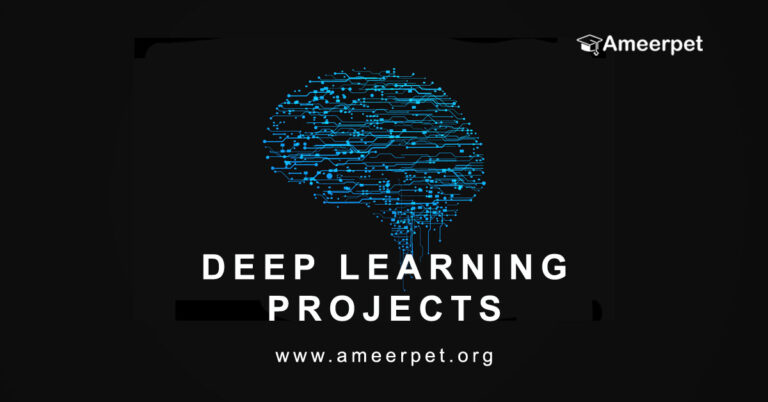
Abstract:
Deep generative models train neural networks to model training sample distributions. Research has fragmented into interconnected approaches that trade run-time, diversity, and architectural restrictions. This compendium covers energy-based models, variational autoencoders, generative adversarial networks, autoregressive models, normalizing flows, and many hybrid approaches. Comparing and contrasting these methods, explaining their premises and interrelationships, and reviewing current state-of-the-art advances and implementations.
Note: Please discuss with our team before submitting this abstract to the college. This Abstract or Synopsis varies based on student project requirements.
Did you like this final year project?
To download this project Code with thesis report and project training... Click Here


